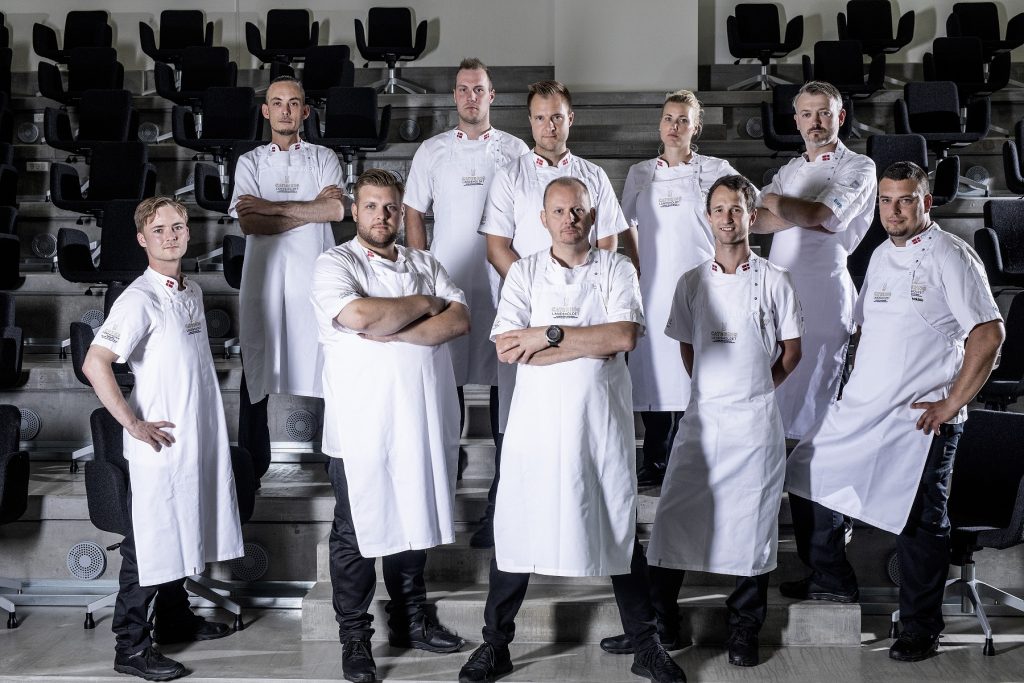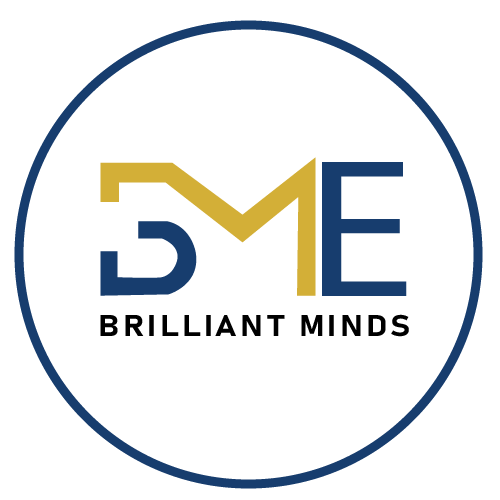As inclusivity takes center stage in the hospitality industry, companies like BM Events recognize the growing importance of equipping their empowering staff with empathy and expertise. In orchestrating diverse social and corporate gatherings, well-trained personnel are crucial in ensuring that accessibility measures meet guests’ needs effectively. This underscores how frontline workers are often key determinants of successful implementation strategies for such initiatives within hospitality businesses. Indeed, empowering employees to better serve all customers – including those with special requirements- is an essential step toward achieving greater equity across this sector.

Building a Foundation of Awareness and Training
Comprehensive Accessibility Training
Comprehensive staff training is key to achieving effective accessibility in the hospitality industry. For companies such as BM Events, all employees – from planners to on-site coordinators – must be familiar with various disability types (e.g., physical, sensory, cognitive) and how they can impact guests’ experiences. The training should cover:
- Disability Etiquette: Educating staff on appropriate language, helpful behaviors, and the importance of treating all guests with dignity and respect.
- Practical Scenarios: Using role-playing exercises to simulate various guest interactions, teaching staff how to respond to requests for assistance or accommodation effectively and sensitively.
- Emergency Procedures: Ensuring all staff know how to assist guests with disabilities in case of an emergency, considering mobility or communication barriers.
Enhancing Physical Accessibility Through Staff Vigilance
Although physical alterations like installing ramps and accessible restrooms are imperative, the responsibility of managing these facilities daily primarily rests in the hands of empowering staff members. It is crucial for team members to be watchful and take the initiative when it comes to keeping pathways free from obstructions, addressing possible issues or failures with accessibility equipment (such as lifts or automatic doors), and consistently ensuring that all features intended for optimal accessibility remain functional at all times.
Enabling employees to customize experiences
The core of hospitality lies in empathy and personalization. To enhance the guest experience, employees must be prompted to interact with them and understand their unique requirements so they can deliver tailored services. This may encompass actions like:
Inquiring About Preferences: A few uncomplicated inquiries regarding seating preferences, dietary limitations, or favored modes of communication can have a considerable impact.
By drawing on past encounters, veteran personnel have the ability to anticipate requirements. This can result in guests with disabilities feeling especially appreciated and comprehended.
Establishing a Culture Focused on Receiving Feedback
Establishing a feedback system focused on accessibility can greatly benefit BM Events in enhancing its services. Such input is priceless and should be regularly reviewed, with staff actively engaged in discussions about implementation strategies.
Showcasing Success Stories and Role Models
Motivating the entire team can be accomplished by sharing successful interaction stories or highlighting staff members who have gone above and beyond in servicing guests with disabilities. These narratives serve as both celebratory moments of triumph but also offer practical examples for similar scenarios to tackle head-on.
Conclusion
The importance of hospitality staff in improving accessibility should not be underestimated. BM Events recognizes the necessity for a capable workforce that effectively caters to all guests by imparting training, equipping them with modern technology, and fostering an amicable work environment. With these measures instituted, inclusivity is transformed from mere idealism into practical application within the burgeoning hospitality sector.



